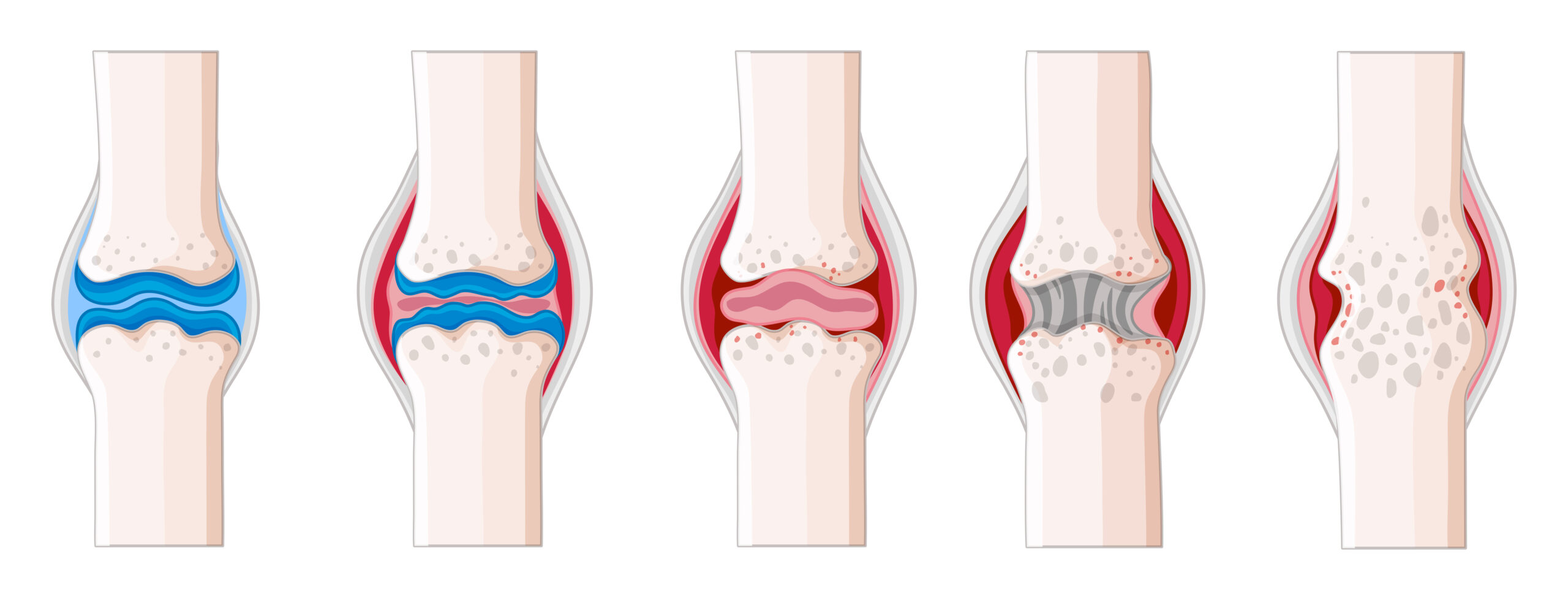Treatments Musculoskeletal Conditions Rheumatoid Arthritis

Rheumatoid Arthritis: Understanding, Managing, and Thriving
Rheumatoid arthritis can significantly impact a person's quality of life, and finding effective relief is crucial. Homeopathy offers a gentle and personalized approach to managing the symptoms of rheumatoid arthritis. By considering the individual's unique symptoms and constitutional factors, homeopathic remedies can help alleviate pain, reduce inflammation, and promote overall well-being.
Rheumatoid arthritis (RA) is a chronic autoimmune disease that primarily affects the joints, causing inflammation, pain, stiffness, and, if left untreated, can lead to joint deformity and disability. While conventional medicine offers painkillers as treatment options, many individuals are turning to Homeopathy as an alternative or complementary approach. In this blog post, we will explore rheumatoid arthritis and discuss how Homeopathy can provide relief and improve the quality of life for those living with this condition.
Understanding Rheumatoid Arthritis:
Rheumatoid arthritis is characterized by an overactive immune system that mistakenly attacks the body’s own tissues, primarily affecting the joints. It commonly affects the hands, feet, wrists, knees, and ankles, causing pain, swelling, and stiffness. RA can also lead to systemic symptoms, such as fatigue, fever, and loss of appetite.
Symptoms and Impact:
RA manifests differently in everyone, but common symptoms include joint pain, swelling, stiffness, and reduced range of motion. Fatigue, low-grade fever, and a general feeling of malaise are also frequently experienced. The symptoms can fluctuate, with periods of increased activity known as flares, followed by periods of remission.
Management Approaches:
Homeopathy and Rheumatoid Arthritis:
Homeopathy is a holistic system of medicine that aims to stimulate the body’s innate healing abilities. It recognizes the individuality of each patient and seeks to treat the person as a whole, considering physical, mental, and emotional aspects. Homeopathic remedies are derived from natural substances and are prescribed based on the principle of “like cures like.”
Benefits of Homeopathy in Rheumatoid Arthritis:
1. Symptom Management: Homeopathic remedies are chosen to match the unique symptoms experienced by each patient. They can effectively alleviate joint pain, swelling, and stiffness associated with rheumatoid arthritis.
2. Disease Modification: Homeopathy focuses on treating the underlying cause of the disease rather than just suppressing the symptoms. By addressing the immune system dysregulation and the individual’s constitutional factors, homeopathy aims to modify the course of rheumatoid arthritis and prevent further joint damage.
3. Personalized Treatment: Homeopathic practitioners consider the individual’s complete symptom picture, including physical and emotional aspects, to select the most suitable remedy. This personalized approach aims to restore balance and promote overall well-being.
Conclusion:
Rheumatoid arthritis can significantly impact a person’s quality of life, and finding effective relief is crucial. Homeopathy offers a gentle and personalized approach to managing the symptoms of rheumatoid arthritis. By considering the individual’s unique symptoms and constitutional factors, homeopathic remedies can help alleviate pain, reduce inflammation, and promote overall well-being. If you or a loved one are suffering from RA; feel free to contact DR. SINGH’S HOMEOPATHY to manage rheumatoid arthritis.

